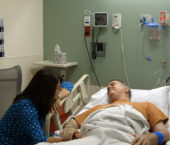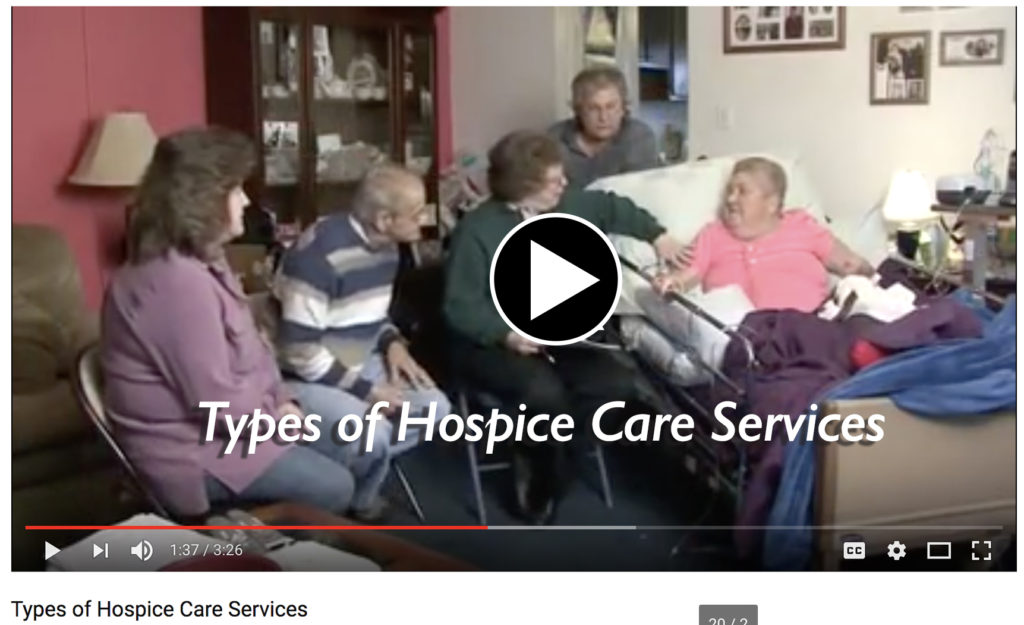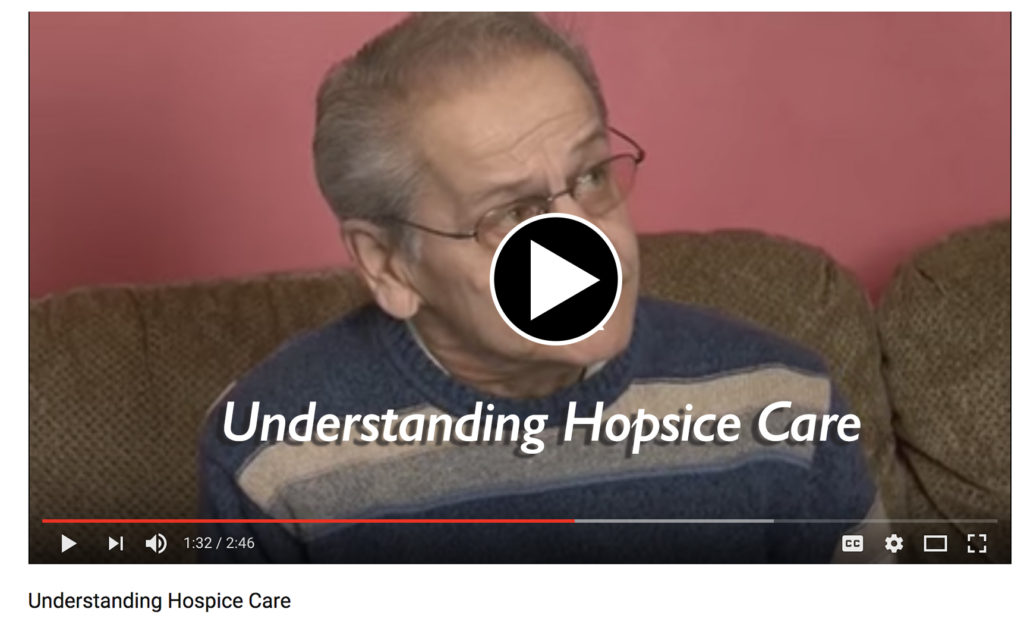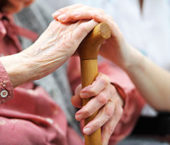Joseph T. Quinlan Bereavement Center now located on 5 Plains Road in Augusta, NJ
(AUGUSTA, NJ) – The Joseph T. Quinlan Bereavement Center will take occupancy in its new, permanent home on April 1, 2017. Formerly located on 61 Spring Street in Newton, the Bereavement Center will now be located on 5 Plains Road in Augusta in the former Moonlight Imaging building.
The public is invited to an open house at the new location on April 12 from 3 – 6 p.m. Light refreshment will be served and attendees will get a tour of the new center and learn about the programs that will be offered there.
The new Bereavement Center in Augusta is central headquarters for the bereavement program with satellite centers located on 214 Washington Street in Hackettstown and at the United Methodist Church, on Ann Street in Milford, PA.
“We want to thank everyone who has helped to make this move possible,” said Cecelia Clayton, MPH, Executive Director at Karen Ann Quinlan Hospice.
“We’ve come a long way since the opening of the first bereavement center at the St. James Episcopal Church in Hackettstown. This move will enable us to further serve the growing need for bereavement counseling in our community,” said Clayton.
Clayton, formerly Director of Bereavement, initiated many of the organization’s bereavement programs that are still in effect today.
In 2000, Clayton realized a need in the community for bereavement counseling, and not wanting to limit these groups to only hospice families, presented a proposal to the hospice Board of Directors to create the Joseph T. Quinlan Bereavement Center, named after Karen Ann Quinlan’s father, who along with his wife Julia were founders of the hospice. Joseph Quinlan died on December 7, 1996.
The Joseph T. Quinlan Bereavement Center, utilizing space offered to the hospice by St. James Episcopal Church, opened its doors on April 2, 2000 in Hackettstown, NJ. The opening of the Hackettstown office assured that bereavement programs would be available not only to hospice families, but to anyone in the Warren County community who was grieving a loss through death.
Bereavement counseling was also offered at the hospice administrative offices located on 99 Sparta Avenue, before officially opening a second location of the Joseph T. Quinlan Bereavement Center at 61 Spring Street in 2011.
“We are very excited to start this new chapter, where we can offer our services in a beautiful and comforting setting. The Bereavement Center is a not-for-profit agency that offers services not only to hospice families, but to our community as well. We are the only bereavement center in the state that offers full bereavement and anticipatory grief services,” said Diana Sebzda, MA, LPC, FT, Director of Bereavement.
“Our services are completed funded by donations from the community. We are proud to say that we never turn anyone away regardless of their ability to pay. Services include individual grief counseling, Coping with Loss Support Groups, Children Art Bereavement Programs, Pet Loss Support Groups, workshops for school professionals, workshops to teach facilitating your own support group, and so much more,” said Sebzda.
“In 2016, we offered individual counseling to more than 1,484 people from the Spring Street office, that doesn’t include the number of people that attended group support meetings at that location,” said Sebzda.
“We simply outgrew the Spring Street location. We needed additional private rooms for one-on-one counseling, a large conference room for workshop space, staff meetings and in-service seminars, smaller classrooms for webinars and staff training and a special room dedicated to families and play therapy,” said Sebdza.
“We are always developing new programs. A new facility with better visibility in the community, better parking, and a centralized location will help us to have meetings and events on the weekends, and evenings and attract more volunteers. We will continue to build upon the excellent programs that we currently offer.”
“We are at 50% of our goal to raise $350,000 to fund the new center. We would like to thank everyone who has contributed to the campaign so far. Meeting our fundraising goal will ensure that we can continue to offer support groups, scholarships for children’s bereavement art programs and more in a safe, comfortable and caring environment,” said Clayton.
Those who wish to donate or have questions about the campaign can contact John Quinlan, Director of Foundation, at 973-383-0115 ext. 148 or visit the hospice website at KarenAnnQuinlanHospice.org/Capital





